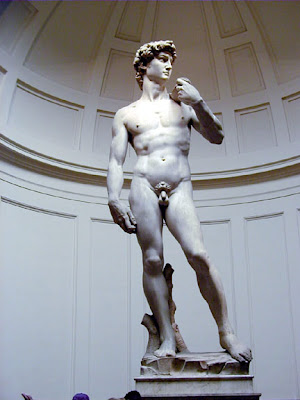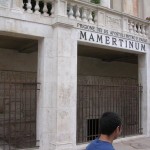 We grappled with The Parable of the Dishonest Steward (Luke 16 1-15) in my small group.
We grappled with The Parable of the Dishonest Steward (Luke 16 1-15) in my small group.
The Steward soon to be dismissed, too old to dig, and too proud to beg, leverages the last thing he has–his connections– to make friends knit to him by gratitude once his job is over.
He is commended for this intentionality and foresight, just as the man with five talents is commended for using them well. [Read more…]









